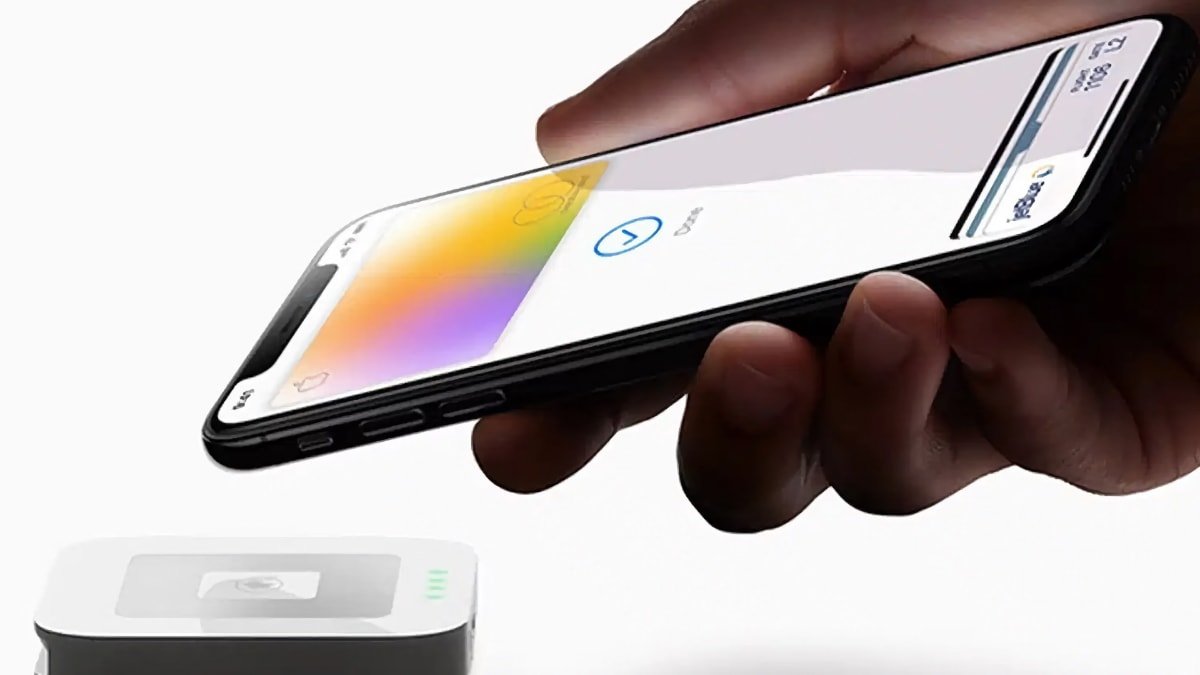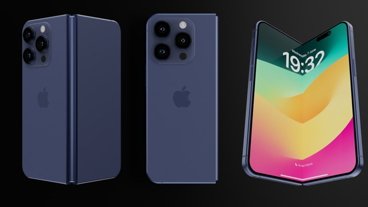European Union officials continue to scrutinize Apple for its restrictions on the NFC antenna used for Apple Pay, a practice the European Commission dubbed anti-competitive.
The European Commission, which oversees antitrust laws in the EU, has accused Apple of engaging in anticompetitive behavior since the launch of Apple Pay in 2015. Officials are concerned that Apple's limiting the iPhone's built-in NFC chip to Apple Pay makes it impossible for third-party companies to break into the mobile payment market.
Bloomberg has learned that the EU is currently exploring other payment options for mobile devices, such as QR codes and Bluetooth technologies, as alternatives to Apple's NFC chip.
The EU is not the first governmental agency to take issue with Apple's handling of the NFC on the device. Shortly after its launch, a group of prominent Australian banks attempted to boycott Apple Pay to negotiate access to the NFC hardware within Apple devices for third-party use.
However, the banks eventually backed down after the Australian Competition and Consumer Commission denied their boycott request in 2017.
This entire saga began in 2019. Four years ago, EU investigators requested feedback from payment companies regarding Apple Pay. They were concerned that Apple's decision to restrict the iPhone's NFC chip to only work with Apple Pay would prevent other companies from entering the mobile payment market.
Apple Pay is not the dominant mobile payment service in the EU, nor does Apple hold the majority of the smartphone sales.
 Amber Neely
Amber Neely








 Bon Adamson
Bon Adamson
 Marko Zivkovic
Marko Zivkovic

 Malcolm Owen
Malcolm Owen


 Christine McKee
Christine McKee



-m.jpg)






39 Comments
Busybodies!
Talk about administrative state on steroids!
Good, atleast EU has the balls to hold Apple accountable. This is anti-competitive behaviour at the least
Do credit card companies make it so you can use the nfc chips in their cards work with other companies?
I think not
There is the Government sticking its nose where it doesn't belong yet again. No one if forced to use Apple Pay. There is Android Pay and Samsung Pay and Garmon Pay and on and on. Let alone QR Codes and other methods. I use PayPal a lot of the time.
Apple only has a small percentage of the market in the EU anyway. It's mostly Android. Talking about a lock in the marketplace by Google!!!! Google can spy on people world wide.
Android has double the market share of iOS. in the EU. If you don't like what Apple does, you are free to buy any other phone.YOu can buy a Google phone, a Samsung phone or a dozen other Android phones. Why doesn't any company in the EU develop its own OS and phone to sell in the market? Because the EU and their laws make developing anything there to costly for most all companies there. Just like with Game Consoles. Where are they? Not a one developed in the EU. Then they go crying about it.